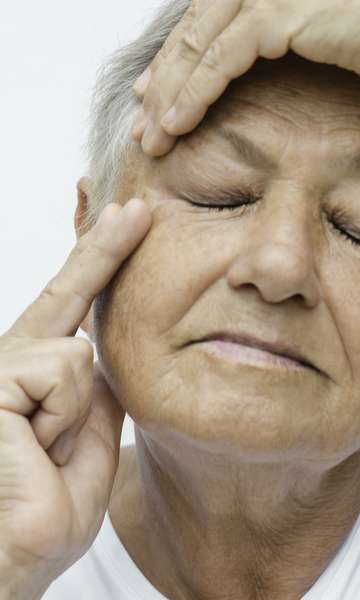Excessive sugar consumption contributes to a process that can degrade collagen fibers
As we age, the health and appearance of our skin becomes an increasingly present concern. By the time we reach our 30s, many of us begin to notice subtle signs of aging, such as fine lines and loss of firmness. However, a less obvious threat may be contributing to these changes: sugar.
In an interview with Earth you, the dermatologist, member of the Brazilian Society of Dermatology, Luke Miranda, states that excessive sugar consumption contributes to a process called glycation, in which sugar molecules bind non-enzymatically to collagen fibers, making them stiff, less elastic, and more prone to degradation.
This process interferes with the natural regeneration of collagen, which is essential for the firmness and elasticity of the skin.
Glycation accelerates skin aging by compromising the structure of collagen and elastin, which are essential for supporting the skin.
“With glycation, these proteins become less functional, causing wrinkles, sagging, and loss of firmness. In addition, the process generates advanced glycation end products (AGEs), which increase oxidative stress, exacerbating collagen degradation,” explains the specialist.
The dermatologist says there are variations in how sugar affects collagen in different skin types and people of different ages. Younger skin has a greater capacity for regeneration, which can, for example, partially mitigate the effects of glycation.
However, as we age, collagen’s ability to renew itself decreases, making the skin more susceptible to damage from sugar. Additionally, factors such as genetics, skin phototype, and sun exposure also influence how collagen is affected.

Collagen Guide: What Types and When to Supplement
Marks on the skin
Some visible signs on the skin may indicate that sugar is affecting collagen. Among these, the doctor notes the early appearance of wrinkles and fine lines, loss of elasticity, sagging, and a dull and uneven appearance of the skin. The presence of dark spots may also indicate increased activity of AGEs, which result from glycation.
How to avoid
Strategies and diets can help minimize the negative impact of sugar on skin collagen. The expert emphasizes that it is essential to adopt a diet rich in antioxidants, such as vitamins C and E, which protect against oxidative stress.
It is also essential to reduce the consumption of refined sugars and high glycemic carbohydrates. In addition, maintaining adequate hydration and protecting the skin from UV rays are important measures to preserve collagen.
«You can also consider the use of supplements such as hydrolyzed collagen and specific peptides, as long as they are supported by medical advice», concludes the dermatologist.
Source: Terra
Ben Stock is a lifestyle journalist and author at Gossipify. He writes about topics such as health, wellness, travel, food and home decor. He provides practical advice and inspiration to improve well-being, keeps readers up to date with latest lifestyle news and trends, known for his engaging writing style, in-depth analysis and unique perspectives.









